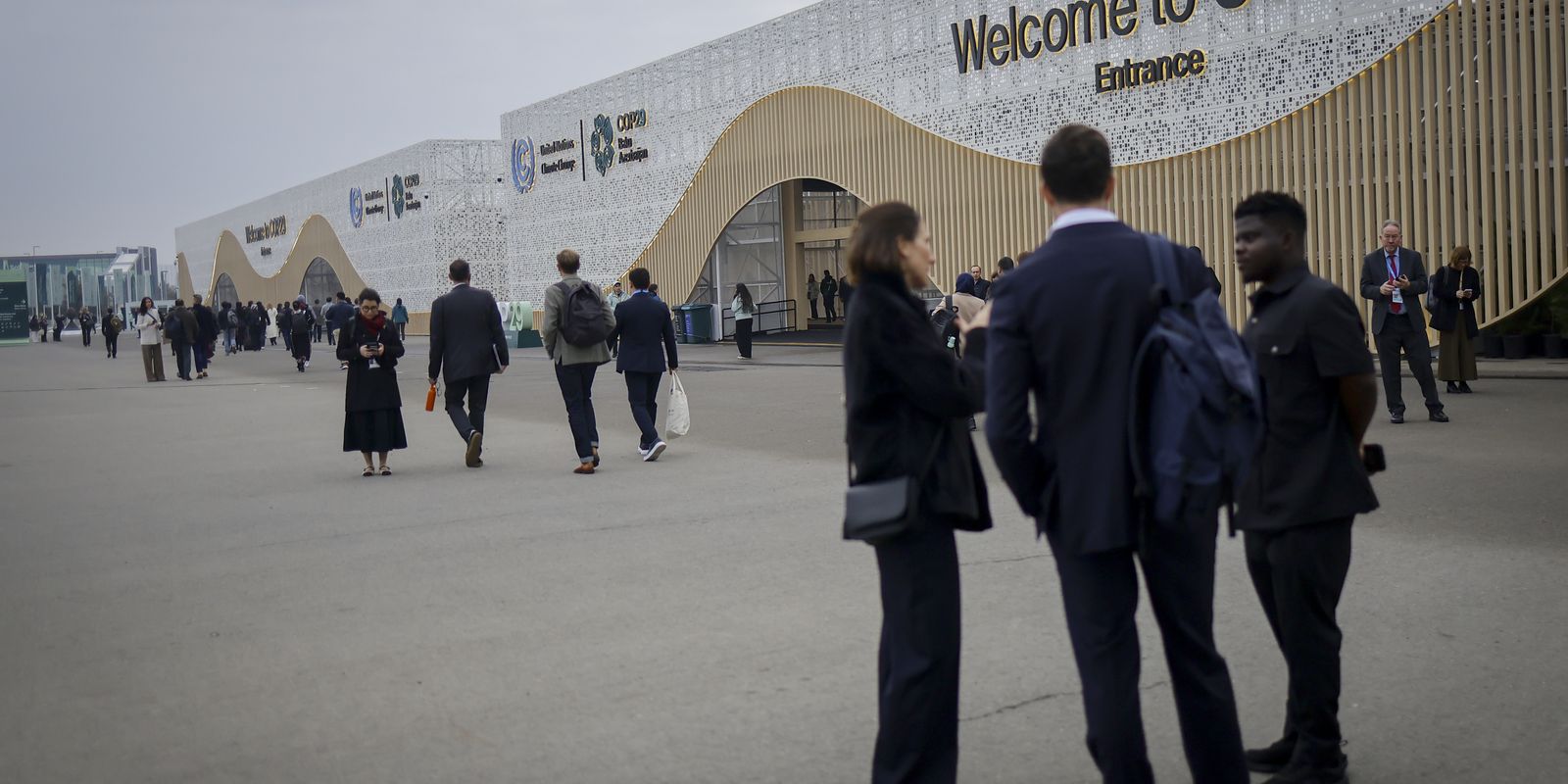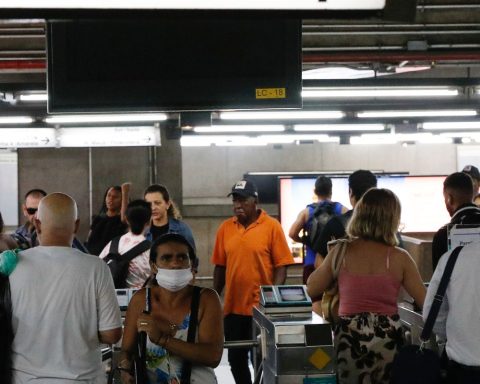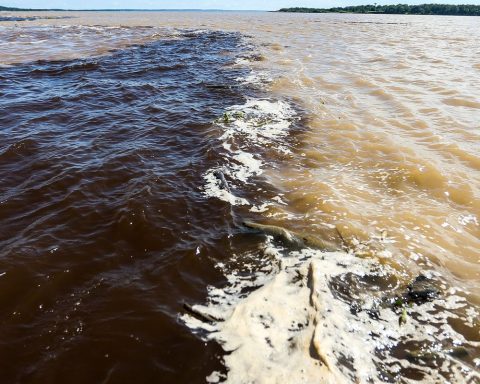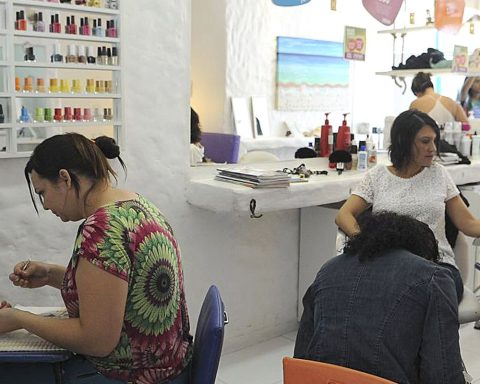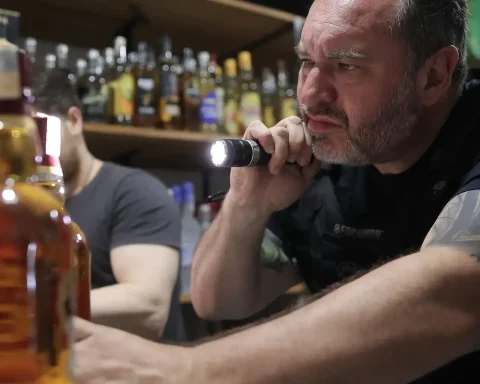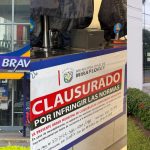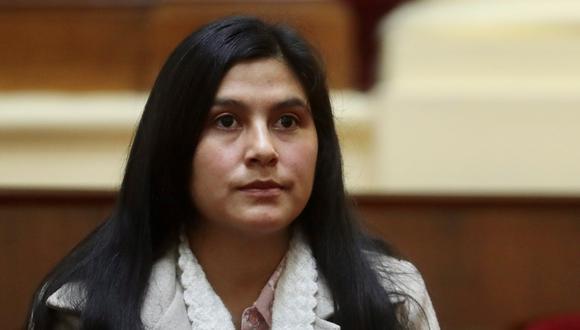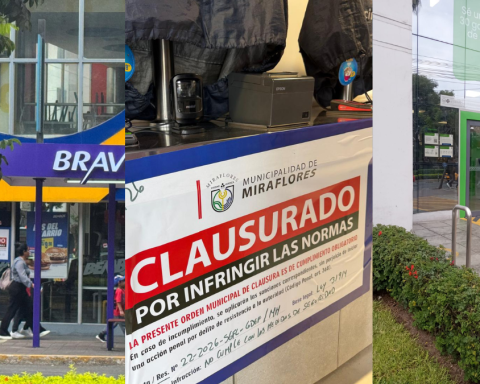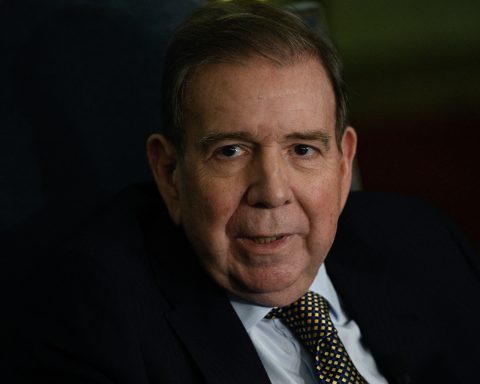The Minister of Environment and Climate Change, Marina Silva, assessed the 2024 United Nations Conference on Climate Change, in Baku, Azerbaijan, as a “difficult experience”. The statement was made during the Brazilian authority’s speech, this Saturday (23), at the final plenary of COP29. “It is essential, especially after the difficult experience we are having here in Baku, to reach a result that is minimally acceptable for all of us, given the emergency we are experiencing.”

Negotiations on the contribution of rich countries to developing nations to face the climate crisis extended beyond the initially established deadline, which was this Friday afternoon (22).
In press conference To the press, after the speech, Marina Silva explained that the painful experience occurs because, at the end of the day of debates at the Conference, there are still issues that are highly important to be resolved and that the main one is climate financing by rich countries until 2035 demanded by developing countries, including Brazil.
“We, who are mothers, if we only looked at the process of labor pains, perhaps we would not look so tenderly at the child. So here [em Baku]we are still waiting for the child to be born. And if it is born, we have the opportunity to look at the difficult process as something that was worth it. We are in the process”, says Marina.
United States
When asked by a journalist about possible challenges related to the planet’s environmental issues, following the inauguration of the president-elect of the United States, Donald Trump, in January 2025, the minister highlighted that the invitation for the United States to commit to reducing the planet’s greenhouse gas emissions is done.
“We did not stop when the United States did not enter into the Kyoto protocol and the Paris Agreement, but we also did not fail to recognize that it is a huge loss, not only for the developing countries, the developed ones that are on this agenda, but a loss for all of humanity, including political damage because the American people are suffering the consequences of extreme climate events that are becoming increasingly frequent and intense.”
COP of COPs
Minister Marina also commented on the next climate change conference, in November 2025, in the Amazon biome. And he called COP30, in Belém (PA), the COP of COPs.
“Making COP30, in the very symbolic territory of the Amazon, the moment in life to restore everything that we seem to be losing, in each extreme situation we are facing, is one of the biggest challenges we have ahead of us”, he predicts.
Climate finance
The minister criticized the initial proposal of the richest nations for climate financing of US$280 billion by 2035which advanced to US$300 billion annually to fund international commitments to climate justice. The initial proposal rejected by developed nations was US$1 trillion.
Marina Silva reinforced the alignment with the Paris Agreement, signed at COP21, by 195 countries, including Brazil. “Developing countries are not seeking these resources for their own benefit, but for the benefit of everyone. So developed countries have obligations, according to the Paris Agreement, to make these contributions that help leverage private resources. However, it is necessary to guarantee what is essential and which also ensures a basis for more vulnerable countries to make their transitions and adaptations now”.
Most vulnerable
About departure of delegations of small island states and developing countries in the COP29 negotiating room, in Azerbaijan, this Saturday, against the current wording of the document that would not consider the needs of more vulnerable countries, Marina Silva said that the effort is for everyone to return to dialogue. “We assume that we will not leave anyone behind. We are all committed to returning to the negotiation process so that we can contemplate those strategic objectives that are set by each group, especially when it comes to countries and segments that are so vulnerable to the problem of climate change”.
Nationally Determined Contribution
In her statement, the Minister of the Environment highlighted Brazil’s commitment to complying with Nationally Determined Contributions (NDCs), which are each country’s commitments to reducing greenhouse gases, responsible for global warming. “By COP30, our central objective becomes to align NDCs that are ambitious enough to achieve the 1.5 degree Celsius (ºC) mission.” Marina highlighted that in order to have the goal of reducing greenhouse gases aligned, it is necessary to provide, even at COP 29, the necessary means to implement these commitments.”
carbon credits
Until this Saturday night (in Brazil), the countries participating in COP29 accepted an agreement on the rules for a global market for the purchase and sale of carbon credits, which is the currency that represents the non-emission of one ton of carbon dioxide (CO2) in the atmosphere, contributing to the reduction of the greenhouse effect and climate change. Among the means are, for example, replacing non-renewable fuels with clean sources and planting trees.
